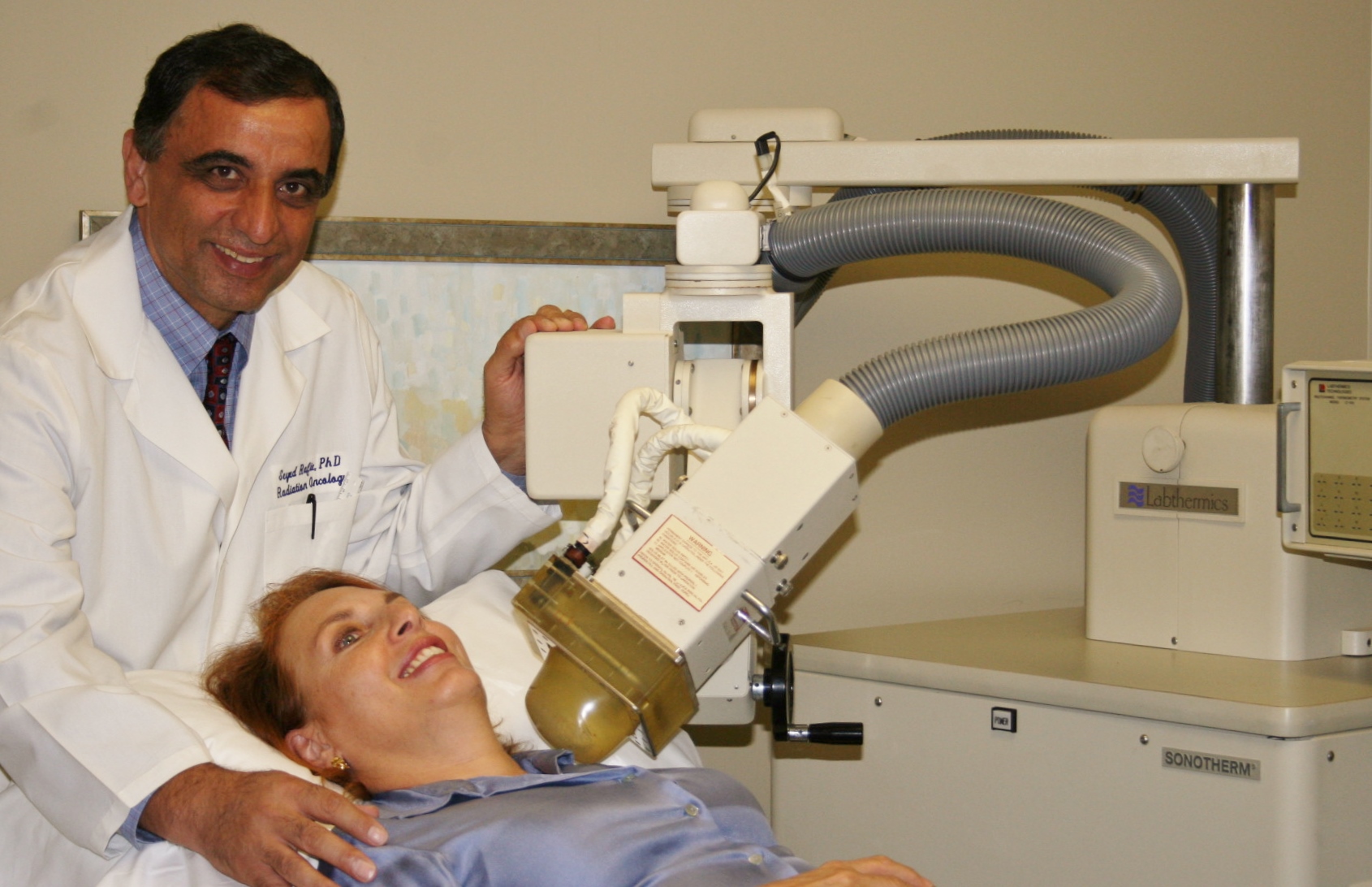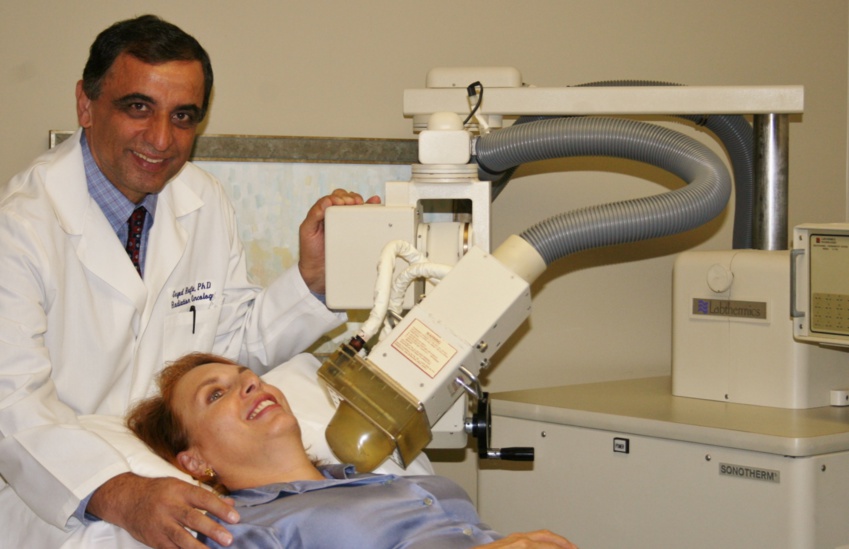Innovation forms the cornerstone of our endeavors within the pharmaceutical sector. Our objectives are straightforward: to pioneer novel medicines addressing crucial unmet medical needs, and subsequently, establish the requisite infrastructure to ensure their accessibility to patients. To achieve these goals, we must employ innovative methods to tackle challenges encountered at every stage of drug discovery and development, ranging from process design to comprehensive manufacturing and distribution of the final medication to patients.
Our commitment to innovation is especially pertinent in the field of oncology, given the limited treatment options and unfavorable survival rates for many cancer types. Additionally, existing therapies often pose tolerability issues, and supply shortages have been a recurring concern in recent times.
The development of new oncological treatments presents formidable challenges owing to the intricate nature of cancer. Notably, there exists significant molecular diversity both among and within different cancer types, alongside variations between individual patients. Compounding this complexity, tumors can evolve and develop resistance to effective treatments.
In the past few decades, combination therapy has emerged as a cornerstone of cancer treatment. This approach involves the simultaneous use of multiple cytotoxic agents with distinct mechanisms of action to enhance effectiveness and mitigate drug resistance. While combination therapy has demonstrated improvements in survival rates across various cancer types, certain promising drug combinations have fallen short in delivering therapeutic benefits.
This underscores the notion that a uniform approach is inadequate in cancer treatment. Traditional combination therapies often result in varied proportions of drugs reaching the tumor site due to differences in delivery methods, pharmacokinetics, and drug interactions. This disparity in achieving synergistic drug ratios at the target site can lead to reduced efficacy and adverse effects.
To address these challenges, ongoing efforts are focused on refining combination therapy through rational drug design. This involves evaluating drug combinations during the preclinical stage to identify optimal drug ratios for maximizing anti-tumor activity. Furthermore, advancements in formulation techniques, such as nanoparticle-based delivery systems, offer promising avenues for delivering synergistic drug ratios directly to tumor sites. Already demonstrated in acute myeloid leukemia, this approach holds potential for application across other cancer types in the future.
Throughout history, innovation within the pharmaceutical sector has primarily revolved around the discovery of active pharmaceutical ingredients. However, the impact of a new, potentially life-saving treatment can only be realized if physicians have access to a consistent supply. Drug shortages in oncology have been a persistent issue, further exacerbated by the global COVID-19 pandemic, which highlighted critical supply chain challenges in drug manufacturing. This emphasized the ongoing necessity for advancements in the manufacturing of oncology medications.
Undoubtedly, embarking on the path of innovation is no easy feat. It demands expertise, time, and resources. While the potential benefits of enhancing patient lives are significant, navigating through numerous challenges such as the risk of failure, regulatory complexities, and competition is unavoidable. As manufacturing technologies for medicines progress, establishing early and frequent communication with regulatory authorities becomes paramount.
Our commitment to innovation is especially pertinent in the field of oncology, given the limited treatment options and unfavorable survival rates for many cancer types. Additionally, existing therapies often pose tolerability issues, and supply shortages have been a recurring concern in recent times.
The development of new oncological treatments presents formidable challenges owing to the intricate nature of cancer. Notably, there exists significant molecular diversity both among and within different cancer types, alongside variations between individual patients. Compounding this complexity, tumors can evolve and develop resistance to effective treatments.
In the past few decades, combination therapy has emerged as a cornerstone of cancer treatment. This approach involves the simultaneous use of multiple cytotoxic agents with distinct mechanisms of action to enhance effectiveness and mitigate drug resistance. While combination therapy has demonstrated improvements in survival rates across various cancer types, certain promising drug combinations have fallen short in delivering therapeutic benefits.
This underscores the notion that a uniform approach is inadequate in cancer treatment. Traditional combination therapies often result in varied proportions of drugs reaching the tumor site due to differences in delivery methods, pharmacokinetics, and drug interactions. This disparity in achieving synergistic drug ratios at the target site can lead to reduced efficacy and adverse effects.
To address these challenges, ongoing efforts are focused on refining combination therapy through rational drug design. This involves evaluating drug combinations during the preclinical stage to identify optimal drug ratios for maximizing anti-tumor activity. Furthermore, advancements in formulation techniques, such as nanoparticle-based delivery systems, offer promising avenues for delivering synergistic drug ratios directly to tumor sites. Already demonstrated in acute myeloid leukemia, this approach holds potential for application across other cancer types in the future.
Throughout history, innovation within the pharmaceutical sector has primarily revolved around the discovery of active pharmaceutical ingredients. However, the impact of a new, potentially life-saving treatment can only be realized if physicians have access to a consistent supply. Drug shortages in oncology have been a persistent issue, further exacerbated by the global COVID-19 pandemic, which highlighted critical supply chain challenges in drug manufacturing. This emphasized the ongoing necessity for advancements in the manufacturing of oncology medications.
Undoubtedly, embarking on the path of innovation is no easy feat. It demands expertise, time, and resources. While the potential benefits of enhancing patient lives are significant, navigating through numerous challenges such as the risk of failure, regulatory complexities, and competition is unavoidable. As manufacturing technologies for medicines progress, establishing early and frequent communication with regulatory authorities becomes paramount.


 Addressing Drug Shortages in Oncology: Innovations in Pharmaceutical Manufacturing
Addressing Drug Shortages in Oncology: Innovations in Pharmaceutical Manufacturing





 Companies
Companies